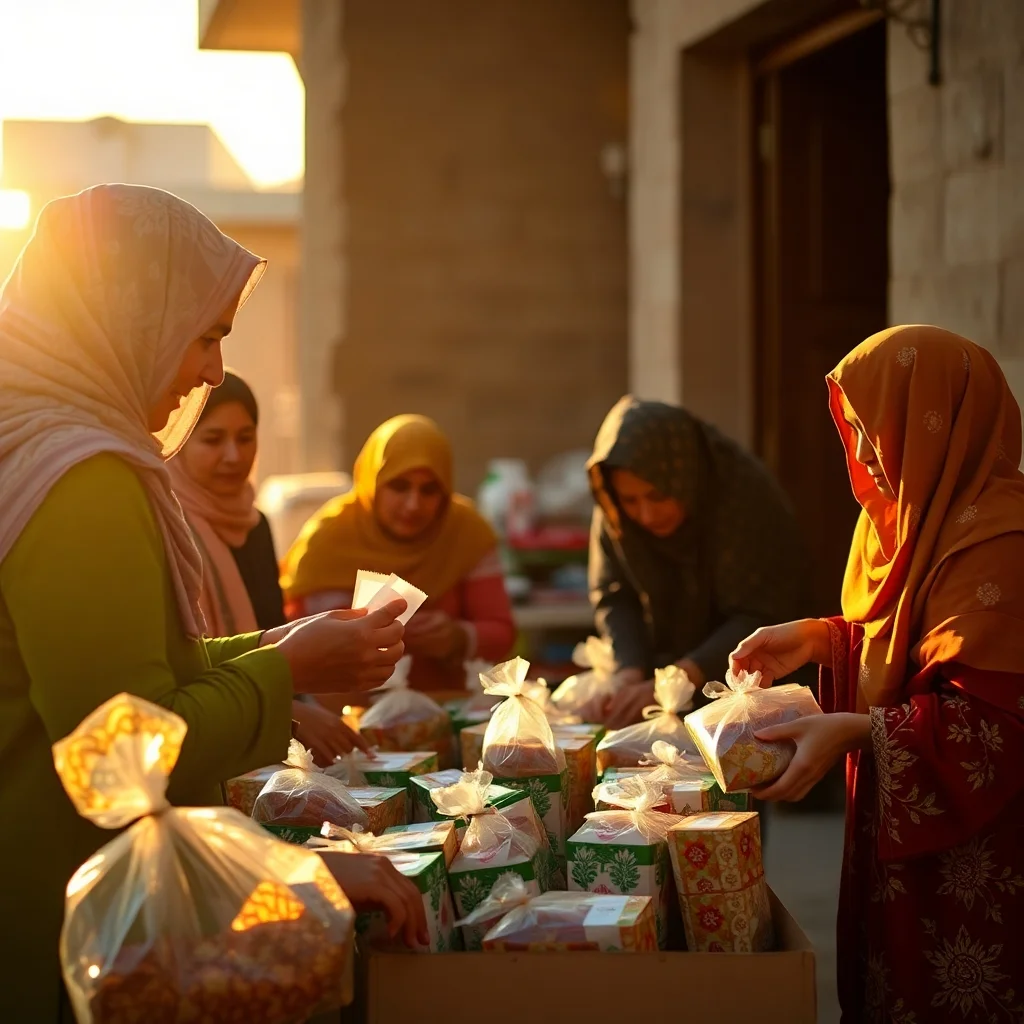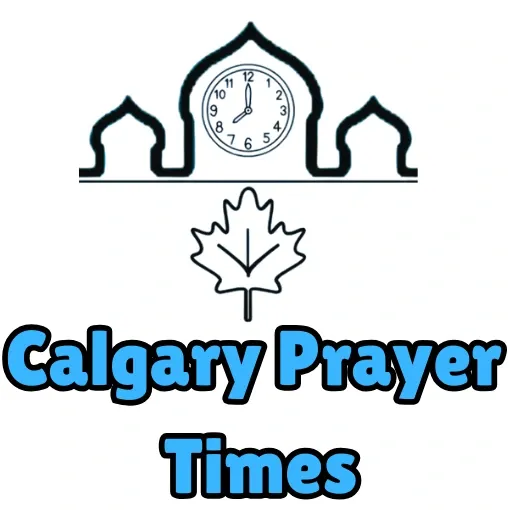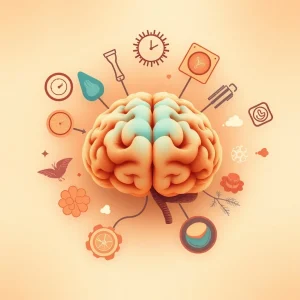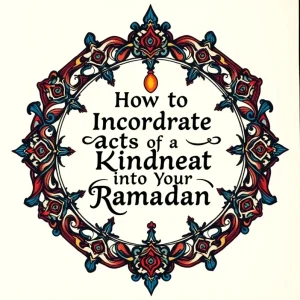The Role of Charity in Ramadan
The Role of Charity in Ramadan: In the ninth month of the Islamic lunar calendar, Muslims across the world practice self-discipline along with meditation to honor Ramadan. Muslims practice fasting from dawn to sunset each day until sunset, when they can resume both food and drink together with their physical needs. The spiritual month of Ramadan requires believers to empty their tummies of food and drink, but it simultaneously enhances their dedication toward generous deeds. During Ramadan, charity functions as the fundamental religious practice that expresses Islamic principles, including compassion, social care, and empathy.

The Importance of Charity in Islam

The practice of charity holds its roots in Islam through both Quranic scripture and the actions of Prophet Muhammad (peace be upon him). The Quran repeatedly highlights the significance of caring for needy people through three verses that state:
A seed of grain represents the people who distribute their possessions to attain Allah’s approval because this action produces seven spikes containing one hundred grains. Those whom Allah chooses for His generous bounty will receive multiple rewards. (Quran 2:261)
The spiritual blessings of generosity are among the key messages in this verse, although it chiefly presents charity’s extensive social benefits. The Islamic faith requires believers to perform charity because it serves both as a religious responsibility to purify their money and also as their spiritual duty to help others.
Charity During Ramadan: A Time for Increased Generosity
People often refer to Ramadan as the “Month of Giving,” and this is indeed the case. The physical requirement of fasting creates a connection to the hunger and poverty experienced by others daily. People who become more aware of the difficulties others face tend to perform more charitable deeds by nature. Muslims receive more rewards for their goodwill throughout Ramadan because the blessed month intensifies the benefits of their beneficial actions.
Three major Ramadan actions stand out during the period of Ramadan, among others.
1. Zakat:
Every Muslim who reaches certain wealth levels must perform Zakat according to Islamic teaching, which stands as one of the Five Pillars of Religion. Muslims must distribute two and a half percent of their accumulated savings along with their assets to needy people. Around Ramadan, people tend to perform their Zakat obligation as they seek to reclaim spiritual benefits from this practice.
2. Zakat al-Fitr:
The combination of final Ramadan charitable donations goes by the name of Zakat al-Fitr, which must be completed shortly before the start of Eid al-Fitr worship. Every Muslim must perform this obligatory act of charity regardless of age or wealth because it supports impoverished community members to celebrate Eid. Each household member requires Zakat al-Fitr, which is worth the price of a single meal that Muslims distribute before the Eid al-Fitr celebration.
3. Sadaqah:
The obligatory spiritual ritual known as Zakat defines a distinct category from voluntary benevolent acts designated as Sadaqah. Multiple acts of monetary donation and distribution of food and garments are accompanied by charity services based on personal skills and time availability. Muslims enhance their Sadaqah donations during Ramadan because this practice helps them seek proximity to Allah while obtaining His blessings.
4. Iftar Meals:
Many Muslims provide iftar meals to needy individuals because it is a popular charitable practice during Ramadan. Community organizations, together with many mosques, organize free iftar meals as an invitation for the poor, homeless individuals, and travelers to participate in breaking the fast. The act of sharing meals serves to meet both the physical requirements of hunger while promoting unity among people.
The Social Impact of Charity in Ramadan

During the month of Ramadan, the charitable focus of Muslims leads to significant effects on society. Through this emphasis, Muslims learn to recognize the significance of poverty alleviation and inequality resolution, thus inspiring social involvement within their communities. Muslim charity work both reduces suffering in individuals and develops a society built upon justice and fairness.
Creating generosity during Ramadan leads to stronger social connections, which develop a united community. Muslims who participate in food sharing, donate to charity work, or give their time to others experience both shared religious values and a universal human connection. During Ramadan, numerous charitable projects welcome everyone regardless of religious background because Muslims actively promote generosity and teamwork toward their mission.
The Spiritual Benefits of Charity in Ramadan
Charity impacts social life and produces deep spiritual advantages at once. According to Islamic tradition, charity serves as a practice that cleanses monetary wealth and spiritual nature at the same time. Through charitable giving, Muslims express appreciation for their blessings and show readiness to distribute them to others.
By establishing a habit of giving, people develop traits that include humility together with compassion and unselfishness. Muslims remember their connection to Allah through this practice while gaining understanding of their duties to support His creation. According to the teachings of Prophet Muhammad, peace be upon him, the believer’s shade during the Day of Judgment will be his charitable acts.
“The believer’s shade on the Day of Resurrection will be his charity.” (Tirmidhi)
Through this revelation, Muslims learn that spiritual rewards from charity reach far into the infinite realm beyond temporal blessings.
FAQs About Charity in Ramadan
Conclusion
Throughout Ramadan, the practice of giving charity shows Islamic values dedicated to social responsibility and empathy along with compassion. Active charity enables Muslims to meet their religious duties and makes important contributions to their community alongside worldwide social progress. The charitable activities of Zakat, Sadaqah, and iftar meal donations during Ramadan help people remember the significance of distributing wealth among our community.
Throughout Ramadan, we should work to bring out the campaign of generosity and compassion that represents this sacred period. Our cumulative acts of charity will lead us to the complete realization of a just, compassionate, and united world.







